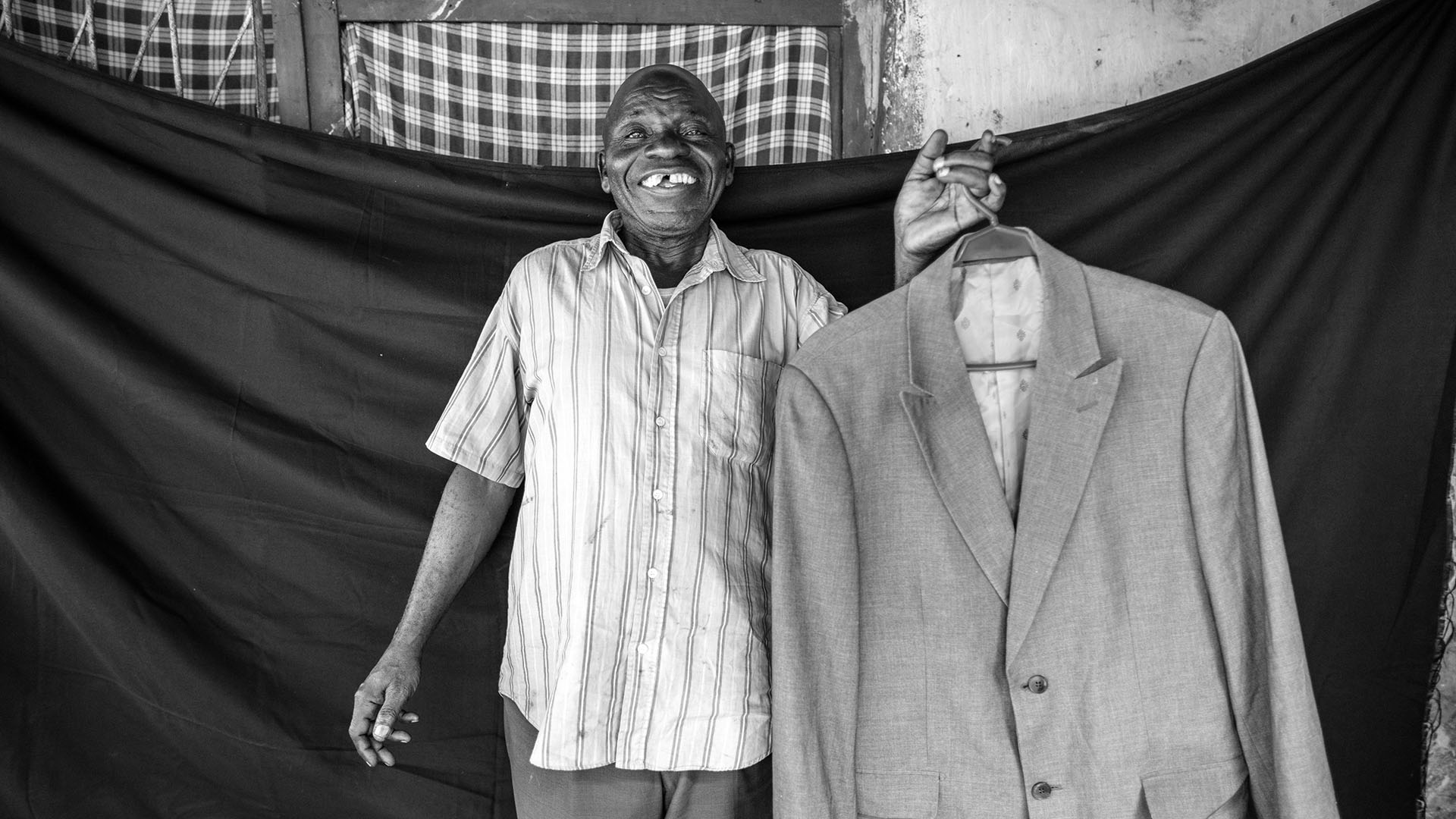Returnees build their own village back in South Sudan
Returnees build their own village back in South Sudan

KUDA, South Sudan, December 11 (UNHCR) - After two decades in exile, 1,600 particularly vulnerable people returning to independent South Sudan no longer had a place they could call home. The solution has been to help them build their own village.
"You will like it here, all is right," Sultana Julia said, welcoming three busloads of people who had just arrived and were looking around at the new returnee village of Kuda. She is one of three elected community leaders among the group of returnees who have been given the chance to rebuild their lives in a new village after 20 years of exile in Khartoum and months of uncertainty in a temporary transit centre established by UNHCR and the International Organization for Migration close to the South Sudan capital, Juba.
After less than a week, the village already had an air of normality. Children were playing, laundry was drying on clotheslines and the first little stalls had sprung up offering washing powder, teabags and even freshly fried snacks.
In a week-long operation, UNHCR and partner organizations relocated the group from the transit centre to their new home, 35 kilometres north of Juba. Land for the village and agriculture was allocated by the government and a welcoming host community.
The group was among 12,000 returnees airlifted last May from Khartoum to Juba where - with no other family in South Sudan or a place to go - they got stranded. The group is ethnically diverse and mostly women, children and older people; there are many medical cases. Women head most households and the highly respected Julia has become one of the very few female community leaders in South Sudan.
Smiling people arriving on buses were greeted by friends and relatives who had come earlier. They unloaded their few belongings from trucks that accompanied the convoys and moved into long houses that shelter several families while they build the individual houses that will make up their new village.
Among the arrivals was an old woman in a wheelchair. Her neighbours pushed her to the room she has been assigned and carried her meagre luggage. The old lady could hardly speak but nodded happily and a broad, toothless smile spread across her face.
UNHCR, with its partners, dug a drainage system, provided boreholes and water stands; the UN Children's Fund (UNICEF) built latrines. Each person received three months of food rations from the World Food Programme, ensuring returnees have time to build their village, start growing crops and ensure sustainable livelihoods.
A new clinic and school will benefit both returnees and the host community. Some children from both communities have never been to school, but this is to change. "There are several qualified teachers among our group. They can provide education to our children and to those of the locals," Julia said.
Local youngsters, in turn, have started teaching their new neighbours how to fish the rivers and ponds surrounding Kuda. Fish are plentiful and the learning period short; some newly arrived boys were trying to sell their catch to UNHCR staff.
"For our staff, this is a happy occasion," said Mireille Girard, UNHCR's representative to South Sudan. "While we are preparing for a new refugee influx and fear renewed internal displacement in South Sudan, here we have people who were able to overcome the plight of displacement. We are glad we could offer them the chance to start a new life."
By Melita H. Sunjic in Kuda, South Sudan








